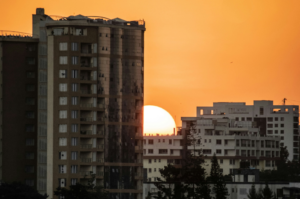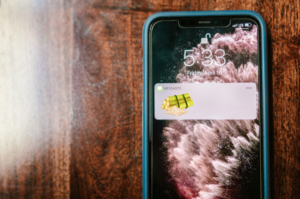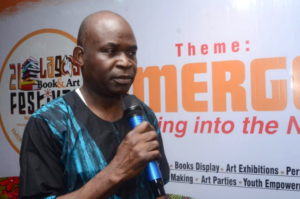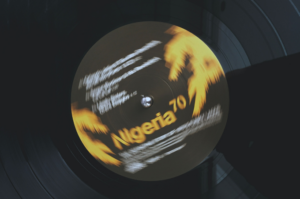
It’s been two weeks since I last checked my Twitter. Ever since the Nigerian government announced its indefinite suspension, Twitter has become one of the apps that require you to reroute your network by using a VPN to log in. Fortunately, before the ban, I was not an active Twitter user, but I have a close associate who, like every other Nigerian who is still active on Twitter, has become accustomed to always relying on a VPN.
Immediately after the ban, Twitter itself chastised the government’s insensitive action by releasing a statement that the ban is “deeply concerning” and urged Nigerians to #Keepiton. Within a couple of hours, the hashtag was trending on Twitter NG, and appearing on Twitter feeds around the world. With the large energy and attention that this garnered, one would think that the ban would have been lifted and Nigerians would return to using Twitter normally. But, though the hashtag still exists, it is no longer trending, leaving some Nigerians to continue accessing Twitter via VPNs, while others have stopped using the app due to havoc features.
There is a Nigerian mantra that travels between the lips of Nigerians when faced with an encounter — we meuve, a patois for move. This could be loosely translated to the quote used by Abraham Lincoln when he became the 16th president of the United States, “This, too, shall pass”. While its translation expresses itself as a survival mechanism for hard times, Nigerians often use it wittily, a means of carrying on with our daily activities while a wound heavily bleeds on our legs.
The global attention pulled by the #EndSARS protest against police brutality, and other forms of injustice and oppression from the Nigerian government was so enormous. So, it was exceptionally hard to imagine that, after all of that, Nigerians would still remain in the existence of oppression that breathes like humans and animals in the country. But this is happening because the Nigerian government lacks empathy for its citizens and it is ready, always ready, to govern them with cruelty and superiority.
Twitter was banned because it deleted a threatening statement by President Muhammadu Buhari which referred to the commemoration of the Nigerian Civil War, or Biafran War. Twitter’s deletion of the President’s statement, which threatened to “treat those misbehaving today in a language they understand”, infuriated the President and he ordered Twitter’s removal from Nigeria. There is so much wrong with all of this. As a student of language, I wholly understand that words or utterances are not translated based on plain appearance. The situational characteristics and surroundings are to be considered. Firstly, the President using ‘treat’ to address his citizens degrades the higher category of intelligence, which humans belong to, to that of animals. Secondly, banning Twitter and threatening to arrest any of its users is a clear display of the autonomous and dictatorial form of democracy that the government is ruling the country with.
Apart from the economy which the ban stands to affect, mental stability of Nigerians is at stake. For instance, writer Zainab Onuh-Yahayah, whose work and mode of resourcefulness depend on Twitter, has been locked out of opportunities. The writer said journalists like herself were “hit” when the ban announcement was made.
Considering every aspect of this, the ban is worse than the pandemic. When the pandemic was in waves and people were forced to stay indoors, physical communication and interaction blocked, Twitter and its fellow social media platforms became an outlet, a means of reaching out to each other, and a lens to see what was happening outside.
This ban doesn’t accomplish anything other than showcase the absence of empathy in the heart of the Nigerian government. As heated as the #EndSARS protests were, no one expected the government to respond by opening fire on peaceful protesters at Lekki.
Over a month since the ban, the national discussion is already shifting, just like how people moved away from grandly discussing the #EndSARS massacre. We have been moving, fuel prices keep rising, insecurity keeps escalating, businesses are still being affected, no one has been held accountable for the #EndSARS massacre, the Twitter ban still exists, and the government keeps ruling with sovereignty. This is not to undermine the great efforts of patriots that trooped out to end injustice in Nigeria. However, the question remains: when will the Nigerian government finally start to take responsibility? When will Nigerians stop ‘meuving’ on and get a serious restructuring?
Photo by Ehimetalor Akhere Unuabona on Unsplash










MAC Petercan July 20, 2021 04:23
Your essay bears the answer. The government will take responsibility when we stop meuving. However, meuving has helped keep people's mental health in check. If we all go insane, before the hikes and every other Ill recedes what becomes of our nation? Let those who meuve, meuve. And I know, somewhere within you, you meuve too? Nice piece. And I have responded in my meuving name and mail.